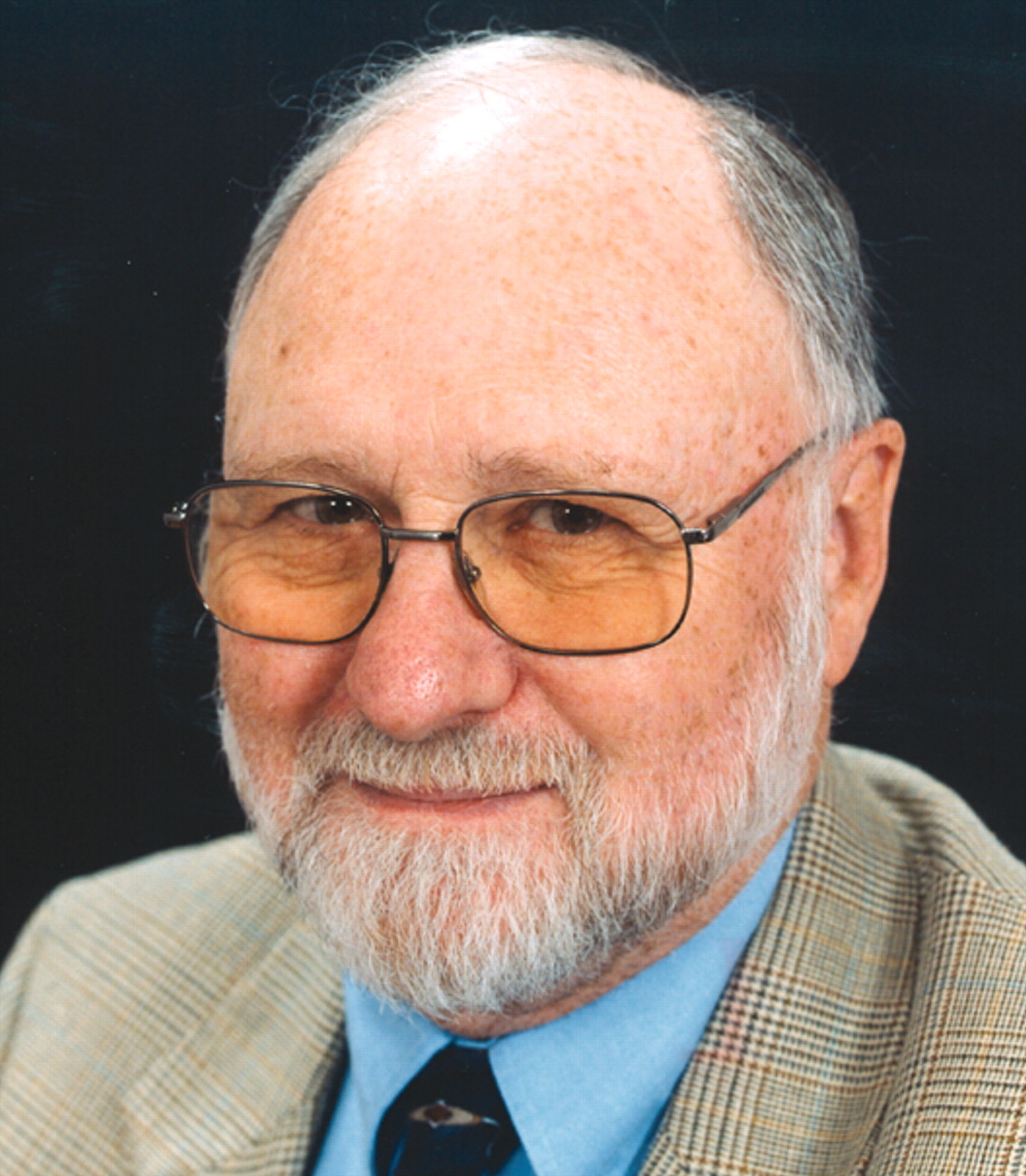Psychiatrist's `Self-Help' Book Resonates With Readers
When Gordon Livingston, M.D., put down some thoughts about what he had learned during his 33 years practicing psychotherapy, he had no expectations of appearing on “Good Morning America” or the “Diane Rehm Show” on National Public Radio.

Gordon Livingston, M.D.: “We keep telling ourselves and each other what we wish and intend. We need to just do it.”
But the resulting book, Too Soon Old, Too Late Smart: Thirty True Things You Need to Know Now (Marlow & Company, 2004), struck a chord with readers and commentators.
The book sold out at local bookstores after a laudatory review in the Washington Post. Charlie Rose touted it on his television show. The TV and radio appearances followed, and the small volume is in its fourth printing.
Livingston, a life member of APA, told Psychiatric News,“ Honestly, I'm a little surprised at the reaction the book has generated. Apparently people I don't know personally are buying it.”
The book takes the form of a conventional “self-help” treatise, but Livingston's messages are much tougher than those of more famous fix-it-quick authors.
Roxanne Roberts, in the November 30, 2004, Washington Post, wrote,“ He is more Job than Dr. Phil, painfully aware of life's limitations, trying to spare you a little hurt. He thinks in paragraphs, not sound bites.”
The comparison with Job is apt.
In 1991 Livingston's 22-year-old son Andrew committed suicide after a long struggle with bipolar disorder. Lucas, his youngest son, was diagnosed with leukemia six months later. That child died at age 6 after an unsuccessful bone-marrow transplant from his father.
How does one deal with such losses? Not with the aim of reaching closure about the experience, said Livingston.
In fact, he wrote, “Like all who mourn, I learned an abiding hatred for the word `closure' with its comforting implications that grief is a time-limited process from which we all recover.”
Instead, Livingston wrote of the possibility of honoring the memory of his children by expressing the love he feels for them to those who still need him.
He and Elizabeth Edwards, wife of former Democratic vice-presidential candidate John Edwards, became acquainted on an Internet site for bereaved parents.
Edwards, whose son died in an automobile accident, said in the foreword to Too Soon Old: Too Late Smart that she keeps a folder on her desk marked “Gordon” containing a collection of his e-mails and posts for occasions when she needs a “voice that is at once stern and reassuring, hopeful but unwilling to proffer any guarantees.”
“At the same time that he warns us how little we control, he reminds us that we are never stripped of all our choices,” Edwards wrote.
The 30 “true things” that Livingston offers to his readers appear simple, but they are hardly simplistic. They all nudge readers toward a greater acceptance of responsibility for their actions and lives.
These are among his lessons: The statute of limitations has expired on most of our childhood traumas... .Any relationship is under the control of the person who cares the least... .Feelings follow behavior... .Only bad things happen quickly... .There is nothing more pointless, or common, than doing the same things and expecting different results.
“If there is an overall theme to the book,” he said to a caller to the “Diane Rehm Show,” “it is that we are what we do.”
“We're too wordy. We keep telling ourselves and each other what we wish or intend. We need to do just do it.”
He warns his readers, “In judging other people, we need to pay attention not to what they promise, but how they behave. This simple rule could prevent much of the pain and misunderstanding that infect human relationships.”
Livingston, who is a graduate of the U.S. Military Academy at West Point, became a psychiatrist after serving in Vietnam as an Army doctor.
In 1969, after he had come to see the futility of the war, the newly promoted major handed out copies of a satiric prayer about the conflict that nearly got him court-martialed. Instead, Livingston was sent home as “an embarrassment to the command.”
He went back to John Hopkins University, where he had attended medical school, and was befriended by Jerome Frank, M.D., a professor of psychiatry who wrote extensively about psychotherapy and international disarmament.
Frank arranged for Livingston to begin his residency in psychiatry at Hopkins.
Livingston maintained a psychotherapy and psychopharmacy practice in Maryland for more than 30 years as director of the psychiatry department of a large, multispecialty group.
Not surprisingly, he has tough words about what has happened to his profession.
“This is the profession of Freud, Jung, Harry Stack Sullivan, and Irvin Yalom,” he said. “Managed care and insurance company reimbursement schedules have turned many of us into pill pushers.”
He laments the diminishing role of the psychiatrist as a “source of wisdom and guidance for people seeking help with the eternal questions of how to live meaningful lives.”
His book's unexpected popularity might result, he thinks, from the fact that it deals with basic issues—such as trust, love, and loss—that are central to the “human desire to find meaning and happiness.”
He said he fears that those topics have become the “province of nonmedical practitioners who engage in the messy, uncertain, and prolonged process of psychotherapy.”
Livingston recognizes that medication can be a “wonderful aid” in the treatment of emotional disorders. He added, however, that prescribing medication “should not be the entirety of our professional contribution,” and he worries that diagnostic labels can have the effect of relieving the patient of responsibility for making changes.
And change, Livingston wrote in his book, is the goal of all therapeutic conversation. ▪



